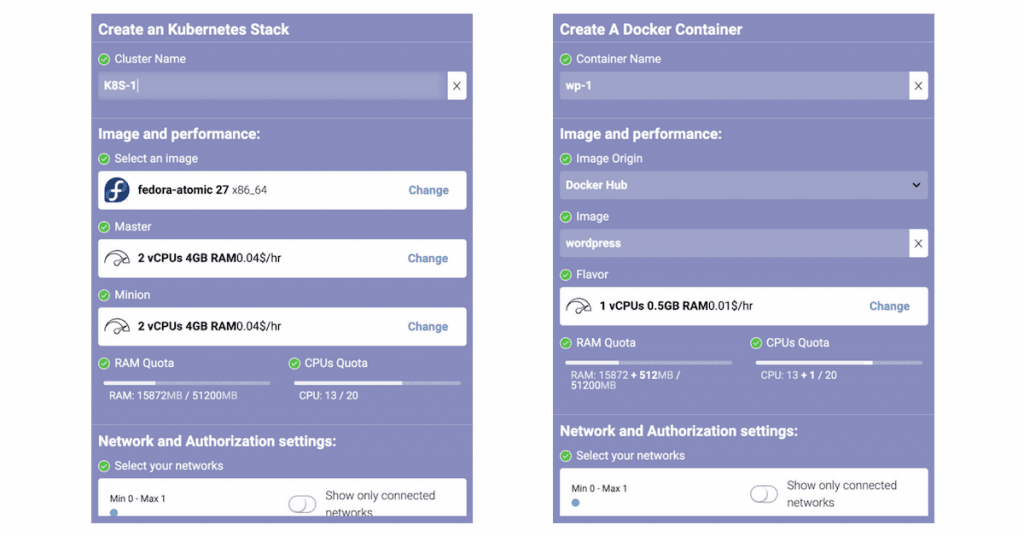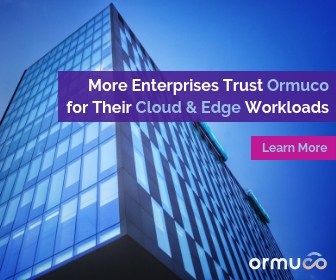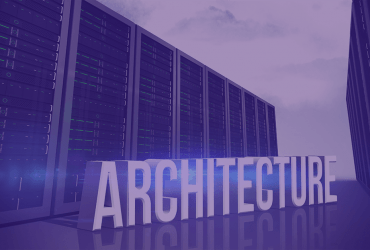Since it was introduced, containerization has been one of the most efficient approaches to product development. Containers have helped DevOps teams accelerate software delivery, iterate more rapidly, and get more done with less management of IT infrastructure. Now, containers as a service (or CaaS) bring even more flexibility and capabilities. In this article, we will see how adopting CaaS is helping businesses and why every service provider should offer the service.
What Are Containers, Again?
As explained in our previous blog, containers are a brilliant alternative to virtual machines. As the name implies, a container incorporates all of the necessary code and dependencies for a particular application to run into a single entity. See it as a standalone package that includes everything that the program needs to run. It has the code, runtimes, settings, system libraries and tools. It will always run in the same way, regardless of the underlying infrastructure or operating system.
With containers, software developers are able to deliver microservices, which allow for more agility in their processes.
For obvious reasons, containers have become extremely popular for software development. They can be easily built in a few minutes and moved between different server environments.
And What Are Containers as a Service?
Containers are benefiting from the popularity of the cloud model too. Companies that do not use local infrastructure, but rather rely on multi-tenant cloud services can now get containers delivered “as a service”.
With CaaS, developers get access to all of the tools they need to run and orchestrate containers inside a cloud environment. They are equipped to upload, create, modify, organize, or scale containers using an API or web portal.
So, rather than working with “bare metal” servers or virtual machines, the basic resource is now a container, making it distinct from IaaS or PaaS. CaaS abstracts the infrastructure layer for the users and gives them direct access to containers.
If you are a service provider not offering CaaS, chances are your customers are already buying these services from competitors. So, don’t be surprised to see more churn happening in the upcoming months.
No Need to Install Kubernetes & Docker
Kubernetes and Docker are essential tools for containers.
Docker is used to build and deploy containers. It is the most popular container format and has become the “de facto” standard in much of the software development industry.
Kubernetes is a container orchestration platform. It allows multiple containers to be controlled, organized and regulated. This tool, which was first developed by Google, supports a wide variety of containers, including Docker.
Almost every containers as a service offering today includes support for Docker and, by extension, Kubernetes. These two platforms are absolutely indispensable in modern container-based software development.
For CaaS customers, there is no need to deploy Docker and Kubernetes on their own. It is already done on the backend by the cloud provider. From the web portal or using an API, they can simply proceed with creation and management of their containers.
As an example, here is how simple the process is in the Ormuco platform. It takes a single window and a few clicks, and everyone can enjoy containers of their own.
Four Benefits of Containers as a Service (CaaS)
Businesses are enjoying containers as a service for a number of reasons. Every provider should be aware of them.
1. CaaS Require Less Maintenance
CaaS platforms require no administration, upkeep or maintenance on the customers’ part. Just like other cloud computing services, the provider is responsible for managing the infrastructure. The customers don’t have to lift a finger.
2. CaaS Offer Complete Portability
The whole point of containers like Docker containers is that they are platform-agnostic. Customers can move between cloud providers whenever they want. They can repatriate containers on their own infrastructure if needed. There is absolutely no vendor lock-in, providing complete data portability.
For service providers, it becomes easy to get more clients on board with an attractive offering that (out)matches the competition.
4. Pay Per Usage
With CaaS, customers pay only for the computing power that they use, and they can easily scale up and down at will. They won’t ever have to pay for software or hardware that they are not using.
Service providers have to make sure they master their market and verticals to offer the services their customers want the most. When you are making your customers successful, there is always room for upselling or cross-selling.
5. No Infrastructure Is Necessary
There is no need to build for customers to build their own infrastructure before building or testing a new app. They can simply upload it and begin running it in the CaaS platform. It is really just that easy.
If you’re a managed service provider, it is your responsibility to deliver the infrastructure and make it ready for use to your customers.
Top Containers as a Service Providers & Companies
Here are top containers as a service providers and companies.
Ormuco
Ormuco offers native IaaS, PaaS and SaaS capabilities, with Kubernetes and Docker. It is ideal for next-generation software development that deliver edge computing, IoT and 5G-powered mobility.
Many telco companies and service providers around the world use Ormuco to deliver local and global multi-tenant CaaS offerings. It includes many features such as security, provisioning, cognitive assistance and a rich marketplace for integrations.
AKS
Azure Kubernetes Service or AKS, by Microsoft, is built on the Azure platform. It is a scalable, secure CaaS architecture that can adapt to container-based programs of any size.
Google Kubernetes Engine
Google Kubernetes Engine is a production-ready environment, specializing in the deployment of Kubernetes and container-based applications. It features seamless scaling and high levels of data security.
Amazon Elastic Container Service (EC2)
EC2 was launched by Amazon, this CaaS service offers fully secure, scalable and maintenance free container hosting in the cloud, with a pay-as-you-go pricing model.
Are you interested in delivering containers as a service to your customers or users? Do not hesitate to contact us!



